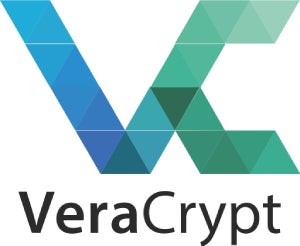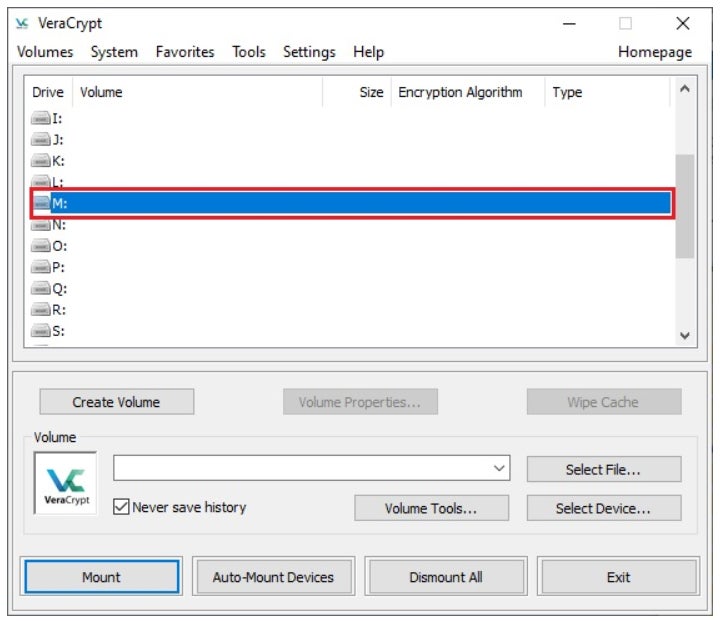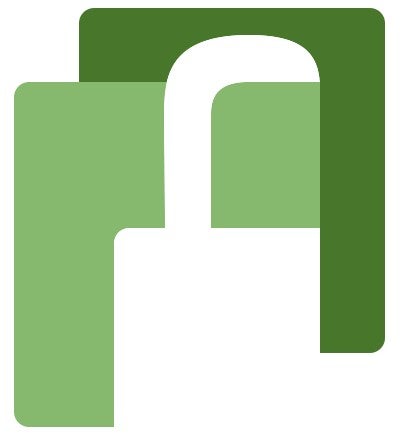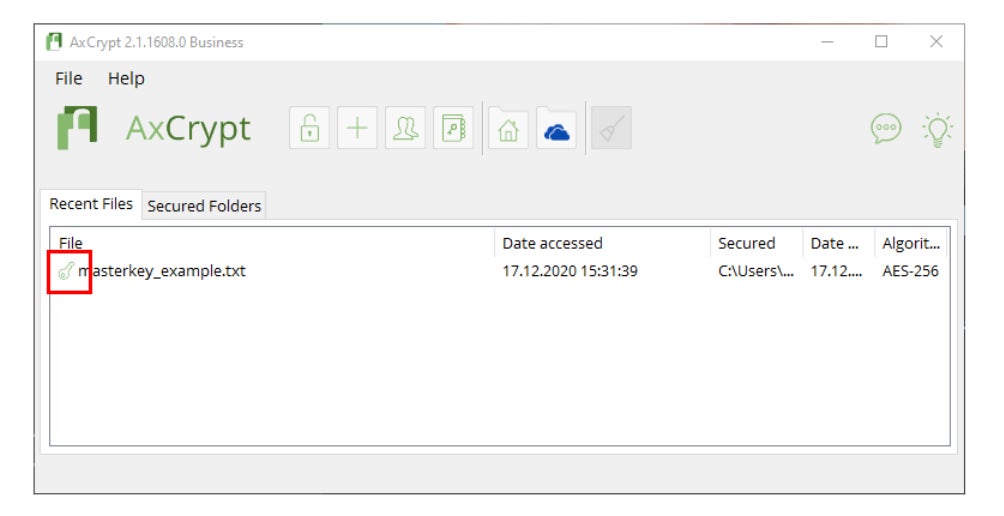[ad_1]
Encryption secures information by translating it into computer code that’s unreadable to those who don’t have the means to access the information. These means of access can include passwords, credentials and authentication of some form. Though encryption could still be broken or cracked, strong encryption is nearly impenetrable.
SEE: Brute Force and Dictionary Attacks: A Guide for IT Leaders (TechRepublic Premium)
Securing data both stored and in-transit through encryption is essential as part of an organization’s cybersecurity strategy. There are various encryption options out there. Here are our top picks.
Top encryption software: Comparison table
| Product Name | Price | Offers Support | Offers Password Manager | On-the-Fly Decryption | Enterprise-Grade Encryption |
|---|---|---|---|---|---|
| BitLocker: Best for Windows environments | Free with Windows OS | Yes | Unknown | No | Yes |
| VeraCrypt: Best for hidden encryption | Free | No | No | Yes | No |
| AxCrypt Premium: Best for local storage encryption | $10.42 per month, per user for AxCrypt Business plan | Yes | Yes | Yes | Yes |
| Trend Micro Endpoint Encryption: Best for handling diverse media and file types | Contact vendor but a license supporting 251 to 500 endpoints averages about $77-$83 per month | Yes | No | No | Yes |
| NordLocker: Best for all-in-one encrypted data | NordLocker Business for 1-year 2TB is priced at $29.99 per month | Yes | No | Yes | Yes |
| Advanced Encryption Package: Best for easy encryption on latest version of Windows | Fully unlocked version: one-time fee of $49.95 | No | No | Yes | Yes |
Top encryption software
BitLocker: Best for Windows environments
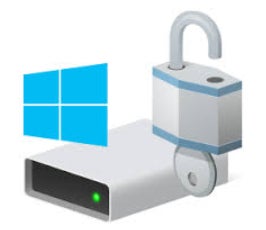
BitLocker is available on server and business editions and contains various encryption tools. The Redmond solution focuses on encrypting files and drives on a device right out of the box. Likewise, you can set up recovery keys to retrieve data if you get firmware problems or errors. It’s an excellent choice for encryption software for Windows.
As a Microsoft product, you’ll typically need a Microsoft account or will need to link a device to a Windows domain to use it. You can also configure it for a corporate environment using Group Policy. The settings help you decide which drives you want to encrypt and how to distribute your keys (certificates).
Additionally, the computer must have a Trusted Platform Module that can support the encryption process.
Why we chose BitLocker
We chose BitLocker for its easy integration with Windows environments. This is on top of a user-friendly interface and full disk encryption. For users that are already deep into the Windows ecosystem, or are planning to adopt a Windows-centered environment, BitLocker is the best choice for you.
Pricing
Free as part of Windows software.
Features
- Encrypts full drives and other media.
- Supports Microsoft account-linking and domain-linking.
- Built into Windows software.
Figure A
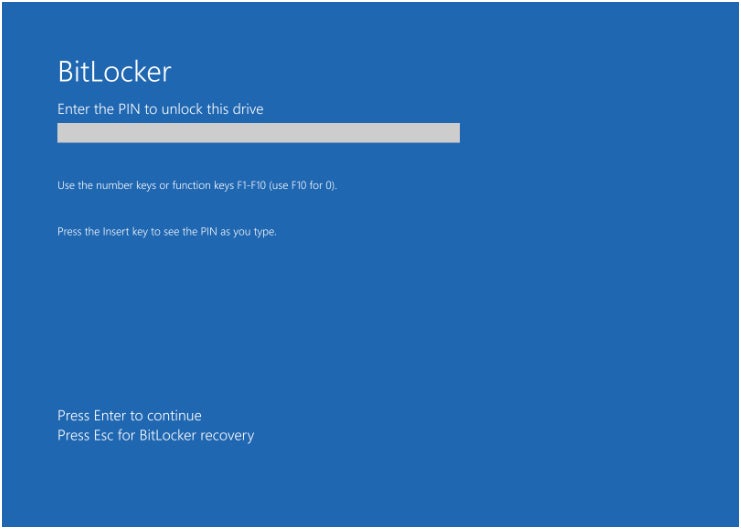
Pros
- User-friendly.
- Comes built-in on Windows software.
- Offers whole-disk encryption of files and folders.
Cons
- Only works on Windows platform.
NordLocker: Best for all-in-one encrypted data

From popular security provider Nord Security, NordLocker is their take on encrypted file storage.
Aside from file encryption, it offers data syncing, secure file-sharing and file management across numerous devices.
As a cloud-based solution, businesses will be able to easily access their files on their computers or mobile devices. Fans of Nord’s other security products, such as NordVPN and NordPass, should definitely consider NordLocker as a possible encryption solution.
Why we chose NordLocker
NordLocker carved its name on this list for being an all-in-one encryption storage solution. Both businesses and individual users looking for a secure and intuitive way to secure their data will find NordLocker as a fine choice.
Pricing
NordLocker has two tiers: Personal and Business. For Personal, we get three subscription options with a monthly and annual plan. Here’s a rundown of the 1-year plans:
- Personal 1-year 3GB: Free.
- Personal 1-year 500GB: $2.99 per month.
- Personal 1-year 2TB: $6.99 per month.
For NordLocker Business, we only get one plan option that lasts a year:
- Business 1-year 2TB: $29.99 per month.
Features
- Zero-knowledge architecture.
- Supports folder locking.
- Offers drag-and-drop auto encryption.
- Supports secure file sharing.
- On-the-go decryption and updates.
Figure E
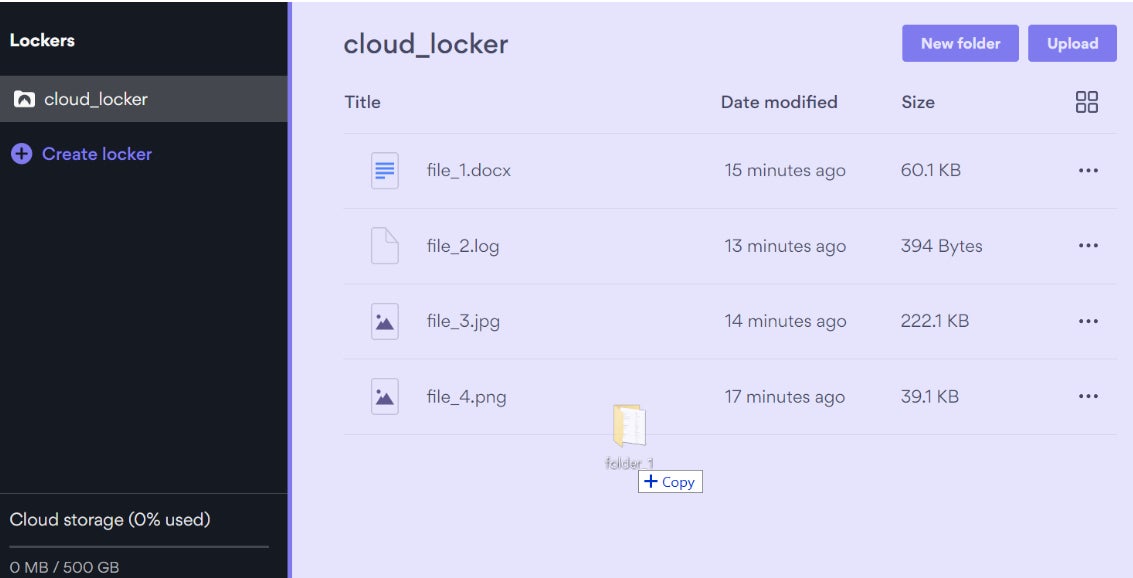
Pros
- Easy-to-use.
- Supports multi-factor authentication.
- Offers centralized management.
- Combines backup, encryption and file-sharing options.
Cons
- Doesn’t support Linux natively.
Advanced Encryption Package: Best for easy encryption

Advanced Encryption Package (AEP) offers a choice between 20 proven encryption algorithms to protect user data. This includes the industry standard AES encryption, Blowfish, Serpent, GOST, Twofish and many others.
It’s an easy-to-use data encryption solution that enables users to create a password to access files and choose their own encryption algorithm. Decryption is easy as well. Right now, AEP is available for Windows 10 and 11.
Why we chose Advanced Encryption Package
We chose Advanced Encryption Package for its ease of use in terms of selecting an encryption algorithm for specific files and folders. The fact that it puts an emphasis on user-friendliness is a big plus for encryption software — a product category that may be intimidating for some users to tackle.
Pricing
- Fully unlocked version: one-time fee of $49.95.
- License pack for 2 PCs: $39 for each machine, $78 in total.
- License pack for 3 PCs: $39 for each machine, $117 in total.
Features
- Offers secure file deletion.
- Supports 20 encryption algorithms.
- Encrypts text to and from the clipboard.
- Has command-line management.
Figure F
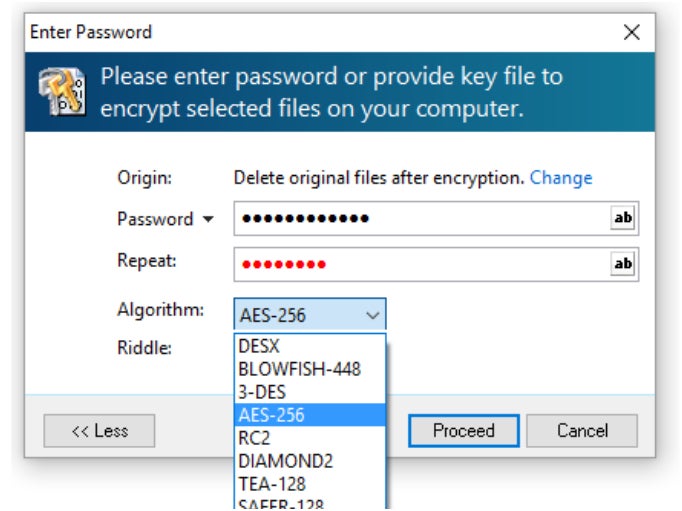
Algorithm selection in AEP. Image: Advanced Encryption Package
Pros
- Seamless integration with Windows 10 and 11.
- Easy-to-use interface.
- Free.
- Allows you to encrypt text copied to the clipboard.
Cons
- Not available for non-Windows 10 or 11 platforms.
Key features of encryption tools
When choosing encryption software, you should focus on these key features:
User Interface
You want an easy-to-use interface so that you can manage and access the encrypted data easily. With encryption software, more novice users may find it daunting to implement and use. But an intuitive and user-friendly software experience will encourage users to encrypt more of their data, and in turn, increase their data’s security.
Automatic Backup
Ideally, an encryption tool should automatically backup encrypted files. There’s no point in encrypting data that’s at risk of being lost after a single wipe or crash. Having automatic backup functionality provides another layer of protection in case important user or business data is damaged or lost.
Encryption Algorithms
At the very least, encryption should support the Advanced Encryption Standard (AES) 256-bit algorithm which is military-grade security. This is the standard encryption algorithm that’s widely recognized as the strongest in the world, with many banks and government agencies utilizing it for added protection. Other algorithms include RSA, Blowfish, Twofish, and DES.
Diverse device support
Encryption software should accommodate a wide range of devices and platforms. Organizations with hundreds to thousands of users may use their own devices to work, or have their own operating system (OS) preferences, which means that encryption should support as many devices as possible.
Having wide device support will allow higher adoption of encryption software, and consequently, a higher level of security being implemented in a business.
Customer Support
Solid and multiple support options are ideal. Encryption software providers should have quality customer support in place to help users that may not be familiar with how to implement such products.
This can come in a variety of forms: online guides and tutorials, community forums, support tickets, email and phone correspondence and many more. The more options an individual user or business has for customer support, the better.
Methodology
We used market research to determine the top encryption software. This research involved studying industry rankings, discussions and product reviews. Finally, we narrowed the list to the most appropriate candidates, choosing based on features like how well the software protects sensitive data, its integration capabilities and the pricing in comparison to the features each offer.
How do I choose the best encryption software for my business?
Looking at the list of products above, you’ll find bundles, free options and some with trial versions. So it’s easy to try them all out and choose the right file encryption program that meets your needs.
BitLocker could be ideal for those who want files encrypted throughout their network and don’t want a huge learning curve to use. However, VeraCrypt and AxCrypt may be better if the focus is on protecting individual files without sharing.
Trend Micro is more of an enterprise focused tool because of its business-focused feature set. Meanwhile, NordLocker and AEP may benefit less tech-savvy users or organizations.
Additionally, you should look for vendors with free product trials and transparent pricing.
[ad_2]
